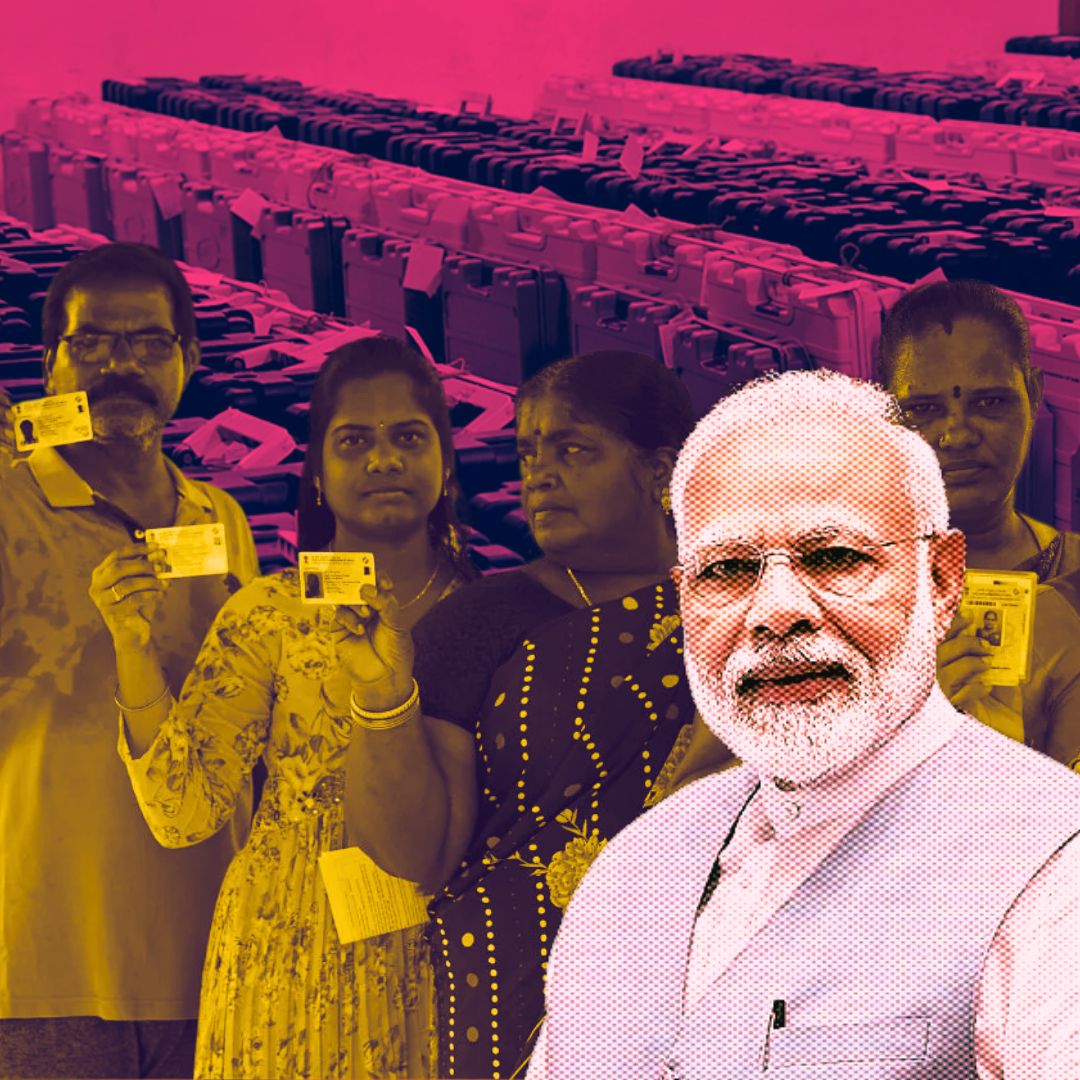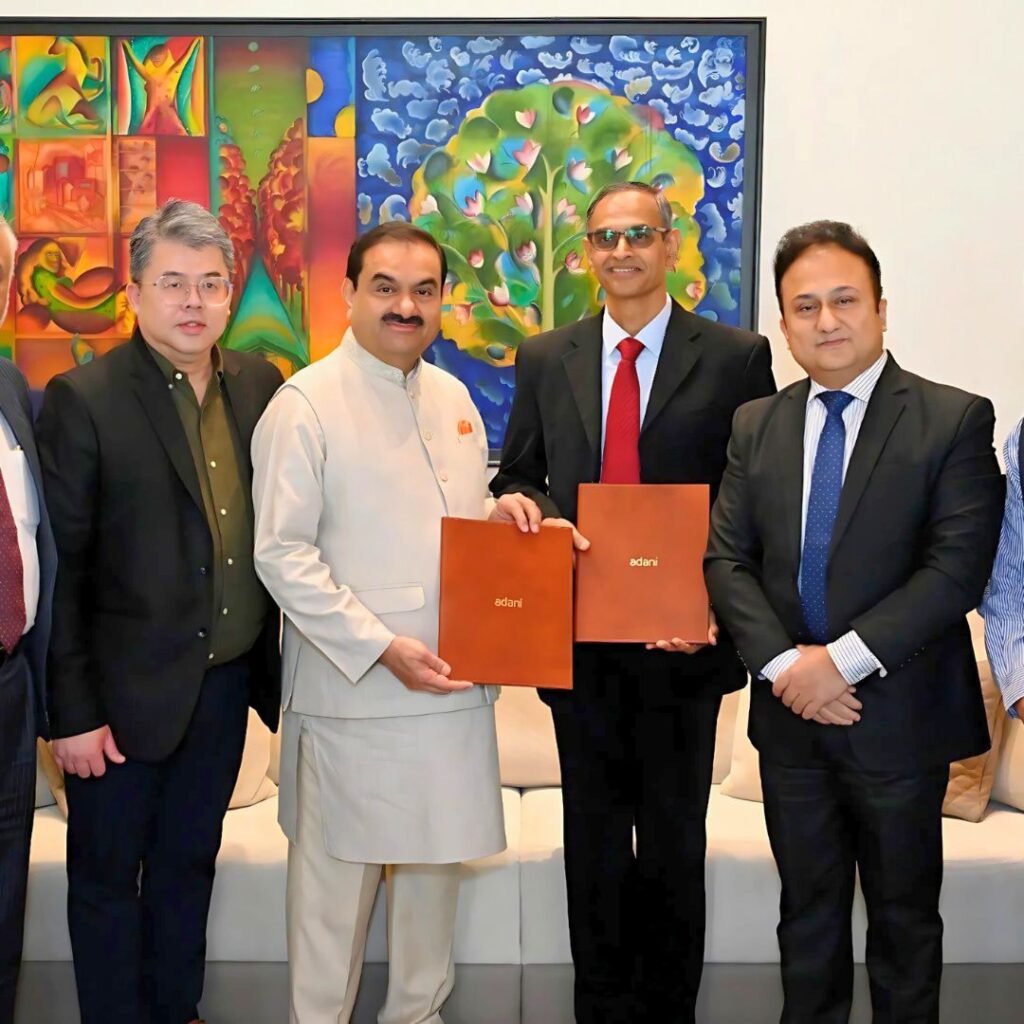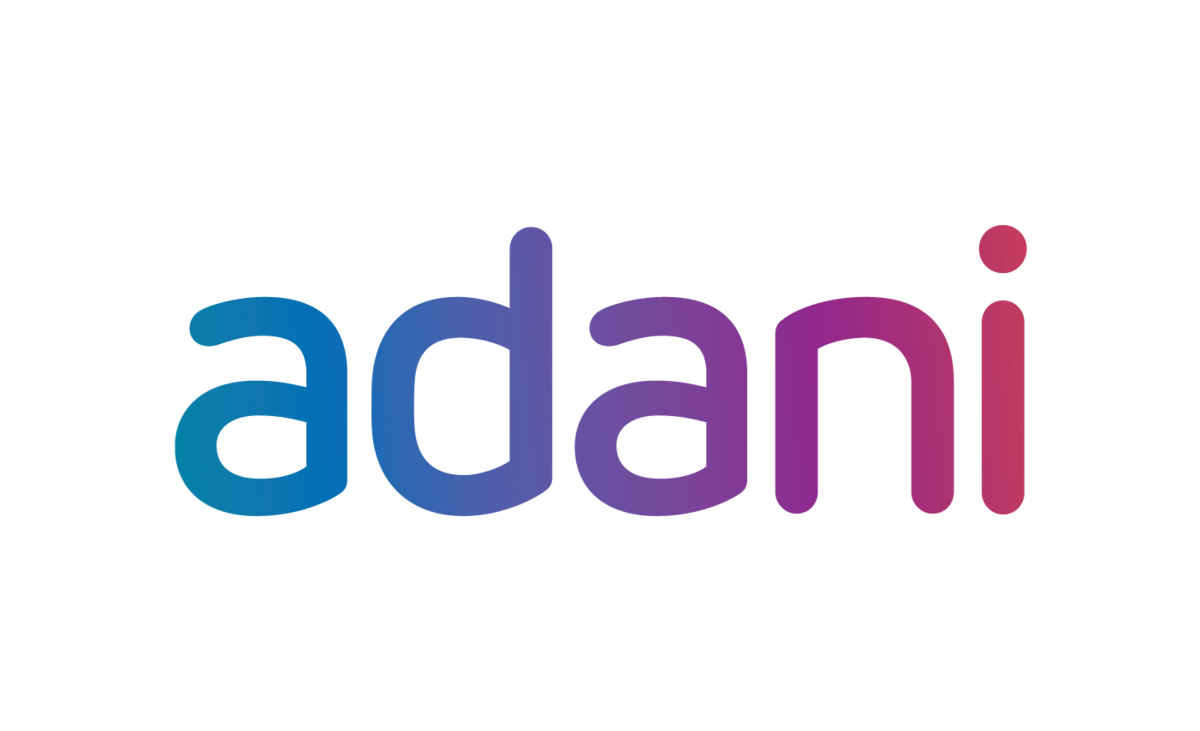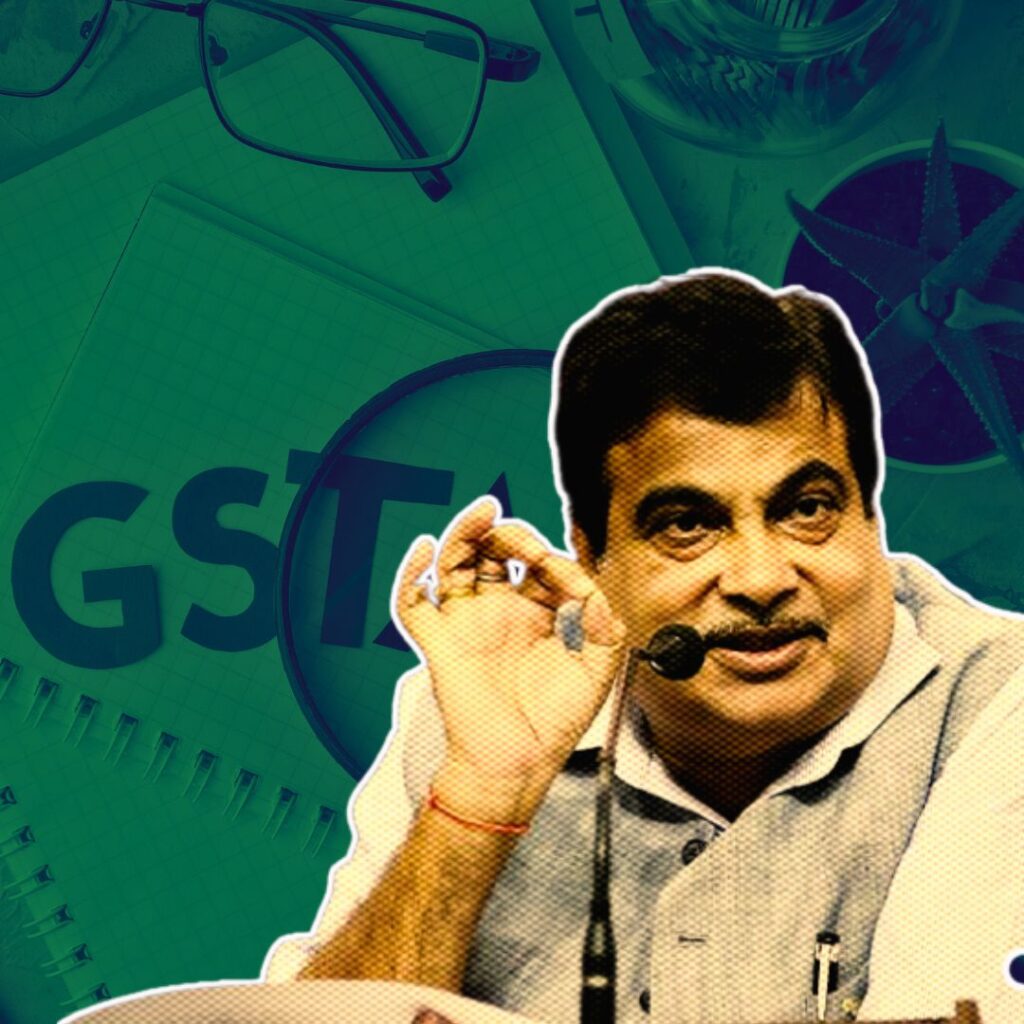The Indian government has amended the Conduct of Election Rules, 1961, to restrict public access to electronic polling records, including CCTV footage and webcasting clips. This change, motivated by concerns over voter secrecy and potential misuse of footage, has faced backlash from opposition parties who argue it undermines electoral transparency. While candidates will still have access to these records, the new rules limit general public inspection, raising significant questions about the integrity of the electoral process.
Details of the Amendment and Reactions
On December 20, 2024, the Union Law Ministry introduced changes to Rule 93 of the Conduct of Election Rules. The amendment clarifies that only specific election documents are available for public inspection, effectively excluding electronic records like CCTV footage from polling booths. Officials from the Election Commission have stated that this measure aims to prevent misuse of such footage, which could compromise voter anonymity and safety. Opposition leaders have reacted strongly, with Congress party officials accusing the government of trying to conceal electoral processes and threatening to challenge the amendment in court.
Background and Context
This amendment follows a recent directive from the Punjab and Haryana High Court that required the Election Commission to provide certain election-related documents, including CCTV footage. The court’s ruling highlighted ambiguities regarding public access to electronic records and prompted the government to clarify that these records are not included under “election papers.” Officials have justified the amendment by stating that sharing such footage could endanger voters in sensitive regions like Jammu and Kashmir or areas affected by Naxalism, where voter secrecy is crucial for their safety.
The Logical Indian’s Perspective
The Logical Indian believes that while protecting voter privacy is essential, transparency in electoral processes should not be compromised. The restriction on access to important electoral records raises significant concerns about accountability and public trust in democracy. We encourage our readers to reflect on how these changes may impact electoral integrity and engage in constructive dialogue about balancing security with transparency. How can we ensure that our democratic processes remain open while safeguarding voter confidentiality?











